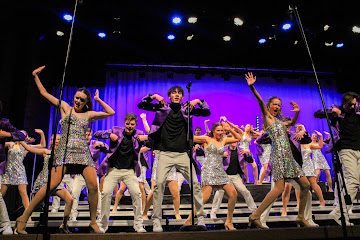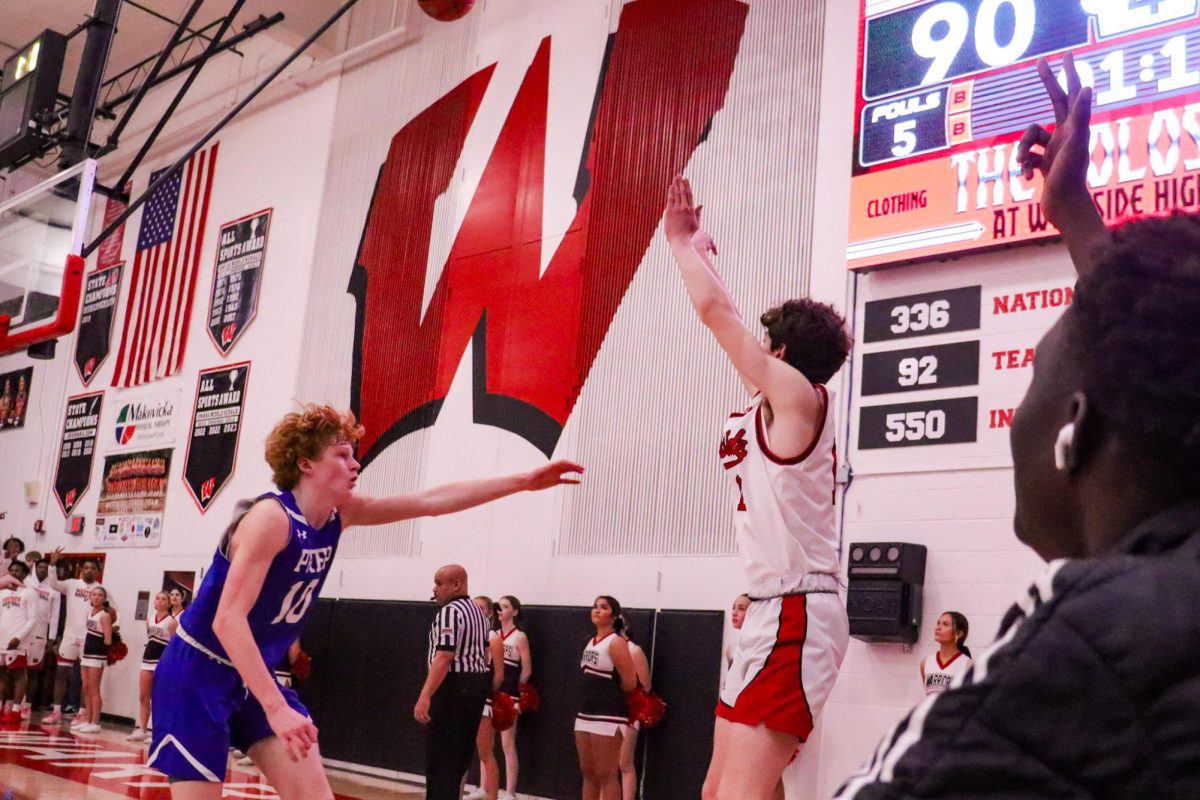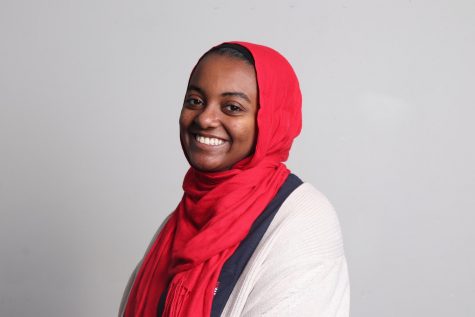Video by Dre Hill and Chris Speeks
Photos by Biruk Tewodros
Edited by Julia Steiner
Five Inventions We Wouldn’t Have Without African Americans
Destiny Howard
Black History month is a time of reflection and celebration. Let’s take some time to recognize the accomplishments of African Americans who came before us and how they greatly impacted our community.
Self Made Millionaire, Natural Hair Care Business: Madame C.J Walker
Madame C.J Walker is credited with being the first self-made millionaire. Walker developed a number of hair maintenance products tailored specifically to treat ethnic hair. With her business being one of the first it’s kind she quickly reached success. As an added note, she was also one of the first female entrepreneurs of her time recognized for quickly turning a small business into a multi-million dollar company.
Traffic Light: Garrett Morgan
On November 20th 1923 a patent for a traffic light was granted to Garrett Morgan. After noticing a rise in traffic related accidents, Morgan decided to come up with a system that would be able to signal drivers when to stop, slow down, and go. The light he created could be seen a mile away at night much like the ones we have today. Garret sold the rights to the traffic light, for $40,000 to General Electric, known today as GE.
Gas Mask: Garrett Morgan
Not only is morgan responsible for the traffic light he is also the brains behind the gas mask. His first uses for the gas mask were to help rescue miner trapped underground. Eventually he was asked to help create them for the US Army.
Blood plasma: Charles Drew
Charles Drew was a scientist who developed a way to process and preserve blood plasma. This was revolutionary because it lasted longer than actual blood which was crucial at it’s time of discovery. His developments helped blood banks to provide aid to soldiers during world war two.
Potato Chips: George Crum
French fries were a popular food during the 1850s. Chef George Crum and his restaurant were known for having the best ones for miles. One day a customer complained that his were too thick, so crum made another batch thinner than the ones before. The customer still had complaints about their thickness. Crum then cut and fried the potatoes in thin paper like pieces and sent them out in hope to annoy the customer. Surprisingly the customer enjoyed them and they became a hit thus potato chips are born.
Four Foundational African American Women
Yousra Abdulrazig
This black history month, we wanted to recognize four foundational African American women who have changed American history. Black women have been gracefully defiant, demanding change for all African Americans. The four women I chose to write about are only a small percentage of the hundreds of African American women who have positively impacted the status of all African Americans.
Harriet Tubman (1822-1913)
Harriet Tubman was born into slavery when she and her three sisters were sold to a slave owner in Maryland. She is most known for her work with the Underground Railroad. Tubman bravely risked her life so that slaves could escape North to freedom. While Tubman was conductor, the Underground Railroad successful freed hundreds of former slaves. Aside from her contribution to the Underground Railroad, Tubman was significant abolitionist prior to the American Civil War. During the war, she worked with the Union Army as a spy. Harriet Tubman was fearless and revolutionary, serving as a leader to many African American slaves.
Claudette Colvin (1939-present)
If you paid any attention in second grade social studies, you would know the story of Rosa Parks. Parks can be recognized as an African American that refused to give up her bus seat in December of 1955. A woman who is less known, but just as important, is Claudette Colvin. She is noted for refusing to give up her seat nine months prior to Parks. Due to her refusal, Colvin was thrown into jail at only fifteen years old. She served as one of the four plaintiffs in the Browder v. Gayle case in 1956. This case decided that segregation on a bus was unconstitutional. Though Claudette Colvin is underrated in traditional black history, her courage stands noticed.
Coretta Scott King (1927-2006)
Wife of Martin Luther King Jr., Coretta Scott King played a huge role in civil rights movement. Before being wed to MLK, King was acknowledged as a talented vocal and instrumental musician. She was awarded a fellowship to the New England Conservatory of Music in Boston where she met her husband. As a couple, the Kings led the civil rights movement with an iron fist. When MLK was assassinated, Coretta Scott King willingly continued their journey. She started Martin Luther King Jr. Center for Nonviolent Social Change where she worked as the president. She also battled for 15 years to have MLK’s birthday recognized as a national holiday. In 1983 President Reagan passed a bill that called for MLK Day, observed every year on the third Monday of January. Thanks to the hardwork and dedication of Coretta Scott King, we now have a day to celebrate and recognize the work of both Martin Luther King Jr., and herself.
Mae C Jemison (1956-present)
Mae C. Jemison made history in 1987 when she became the first African American woman accepted into NASA’s astronaut training program. Five years later, Jemison flew along on mission STS 47 and became the first African American woman in space. She spent a week in space conduct experiments for NASA’s future missions. Succeeding her travel, she began to raise awareness for other women of minority groups. She wanted it to be know that women of color can present their skills, if given the opportunity. Mae C. Jemison gave a voice to the voiceless and advocated for all women of color.
Black Panther Movie Podcast
Tyler Banark
Today, Tyler Banark talks about the new Black Panther movie with special guest Evan Dondlinger.
Black Panther Soundtrack Podcast
Tyler Banark and Casey Plucinski
Today, Tyler Banark and Casey Plucinski talk about the Black Panther soundtrack.










